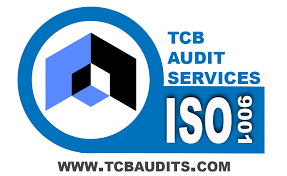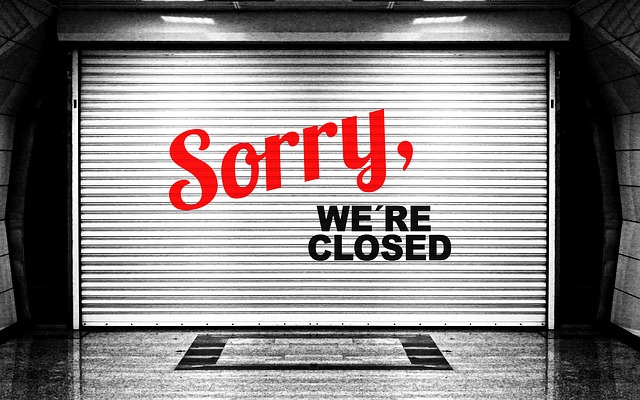Inventory Consolidation – Impact of Closing a Manufacturing Operation
Inventory Consolidation
At one point or another, manufacturers grapple with having to close their doors and shutting down an operation can be very challenging. This is an extremely complicated decision and unfortunately, there can be several factors which make it even more difficult. One of those factors which have a significant impact on closing is deciding how to go about inventory consolidation.
Excess inventory and specialized equipment sitting in a warehouse can be the number one reason manufacturers have difficulty closing their doors. If the materials that exist in their warehouse cannot be sold or disposed of, it can cost them millions of dollars.
There are a variety of costs and logistics issues with excess inventory which can be avoided prior to closing. Managers and executives should recognize that whoever is handling the process should keep track of how inventory items are classified and counted based on either quantity or cost.
Typically, to ensure efficient production, companies often have a month’s worth of inventory in their warehouses. That excess inventory could cost the company upwards of $100 million, depending on the type of manufacturing operation you have. The strategies and actions taken by business owners should take leftover product inventory into consideration. Even if your inventory consolidation management is spot on, you may end up with excess when you are ready to close your doors.
Putting the right inventory consolidation processes in place enables decision-makers to set the appropriate degree of control that should be exercised. Inventory items that are ready for immediate disposal, should be disposed of. Items that cannot practically be disposed of can be identified and tagged to be placed into the resale market.
It is crucial to understand early in the closing process that dealing with excess inventory is an extraordinarily time-consuming task. Most companies would prefer to outsource these steps because of limited manpower at the time of closing. Also, many inventory items cannot simply be sent to the local junk yard. Instead, so plant closing plans must include the cost of destruction, disposal or sale of these items.
For the many companies that have chosen to consolidate or close their doors, the process of managing excess or leftover inventory must be dealt with upon closing. Disposing of excess inventory is wasteful, but there is another way to regain the value of that inventory consolidation and it could mean tremendous savings for your company. To handle a larger amount of inventory, a third-party inventory consolidation company should be engaged to help.
A third-party can streamline the resale of your excess inventory without having your staff waste precious productivity on doing it themselves. Throughout these industry changes, AECI has continued to adapt to the changing needs of our customers – we are able to create a custom, turn-key solution for your business, allowing you to put your excess inventory up for sale. We have the most coveted connections and resources to provide you with an opportunity to regain value on your product components. Please contact us today for more information on our industry consolidation services and learn how we can help with the closing of your business.


